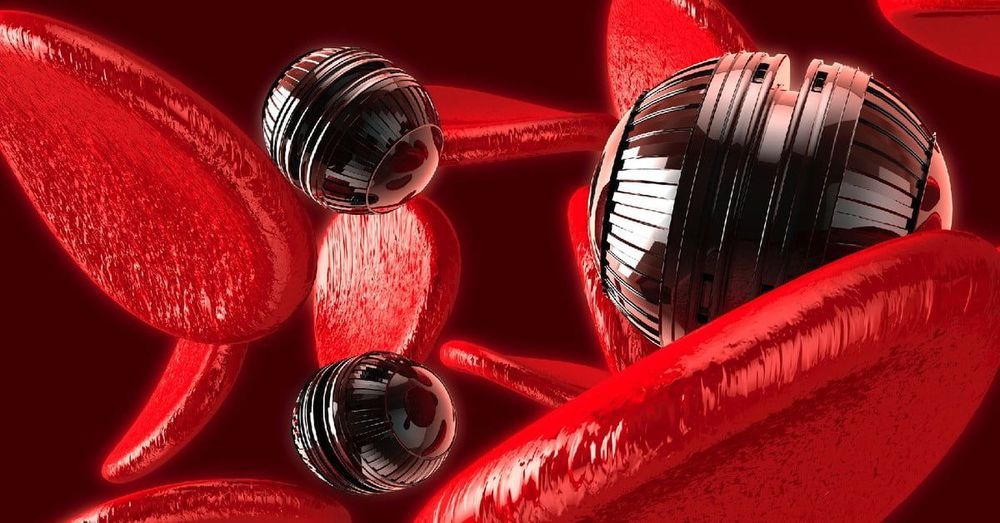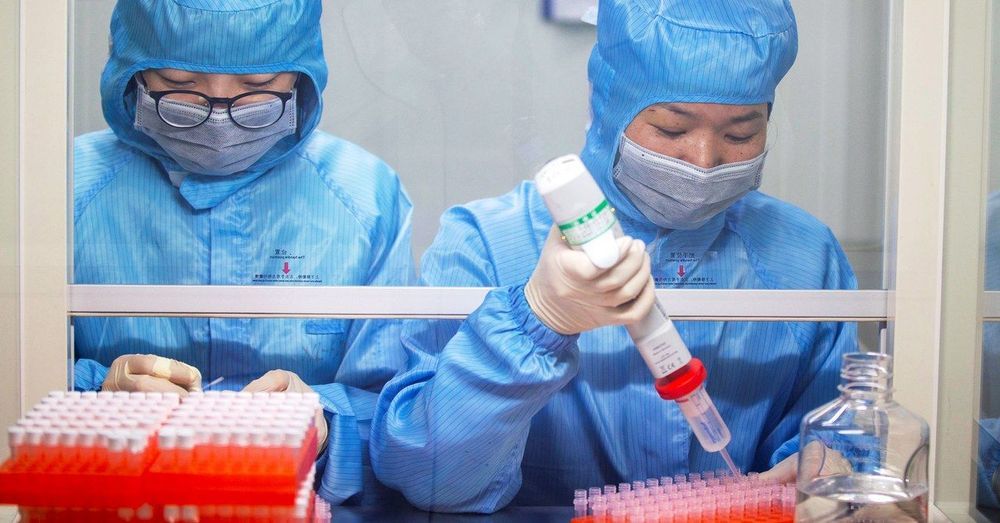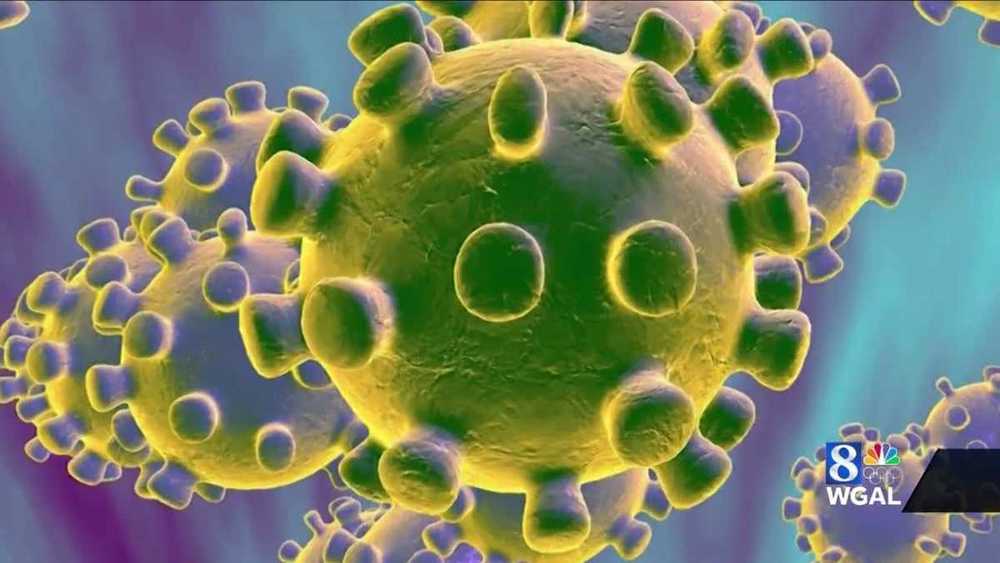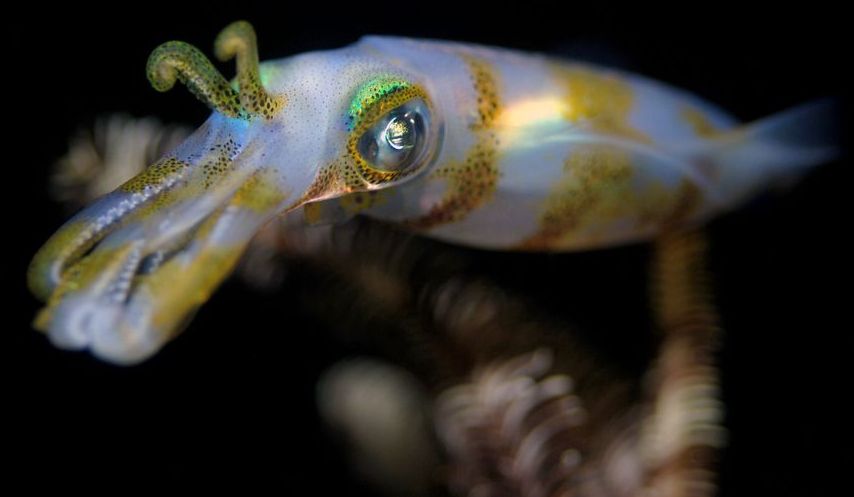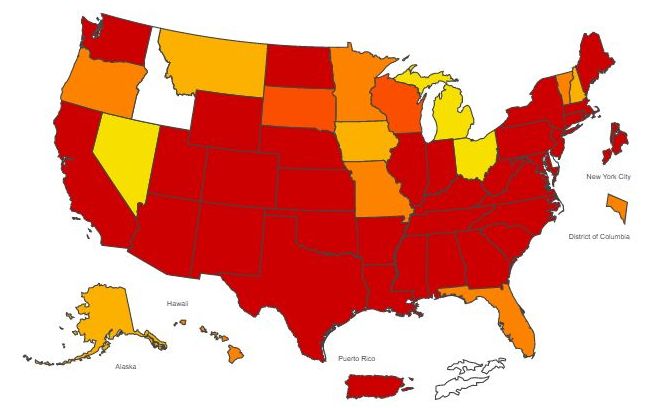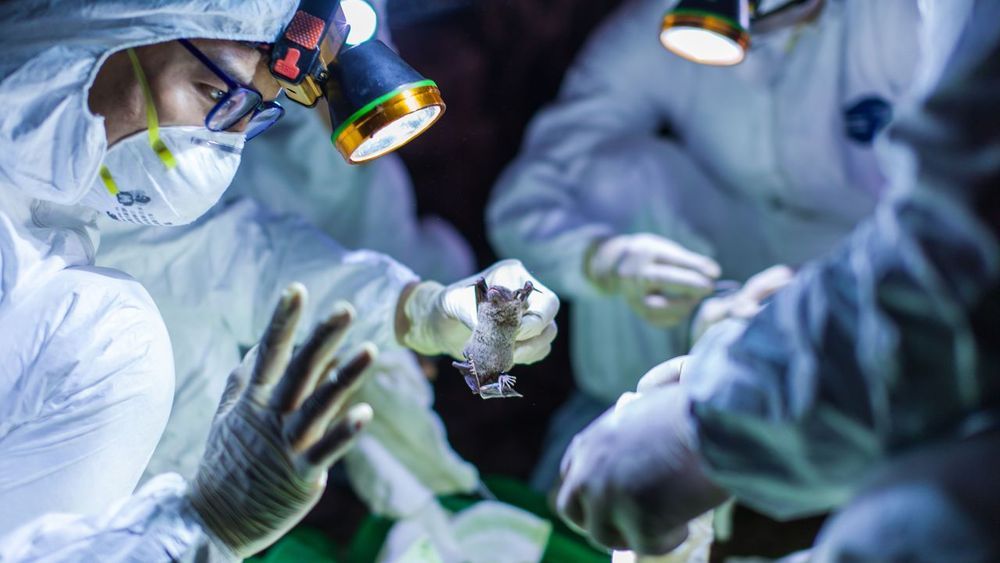If you are interested in superlongevity, then I have something that you must read. I have previously recommended a book by Dr. David Sinclair called Lifespan. Here I am recommending a research paper that discusses one of the critical experiments in epigenetic age reversal. Normally I would read a paper first before recommending it. However, I think this is a blockbuster, and it’s over 50 pages, so I can’t wait till my slow eyes finish before passing this on. Here is an excerpt:
Age reversal!
The primary research scientist is Yuancheng Lu.
Here’s a link to the research paper:
Ageing is a degenerative process leading to tissue dysfunction and death. A proposed cause of ageing is the accumulation of epigenetic noise, which disrupts youthful gene expression patterns that are required for cells to function optimally and recover from damage1 – 3. Changes to DNA methylation patterns over time form the basis of an ‘ageing clock’4, 5, but whether old individuals retain information to reset the clock and, if so, whether this would improve tissue function is not known. Of all the tissues in the body, the central nervous system (CNS) is one of the first to lose regenerative capacity6, 7. Using the eye as a model tissue, we show that expression of Oct4, Sox2, and Klf4 genes (OSK) in mice resets youthful gene expression patterns and the DNA methylation age of retinal ganglion cells, promotes axon regeneration after optic nerve crush injury, and restores vision in a mouse model of glaucoma and in normal old mice. This process, which we call recovery of information via epigenetic reprogramming or REVIVER, requires the DNA demethylases Tet1 and Tet2, indicating that DNA methylation patterns don’t just indicate age, they participate in ageing. Thus, old tissues retain a faithful record of youthful epigenetic information that can be accessed for functional age reversal.

